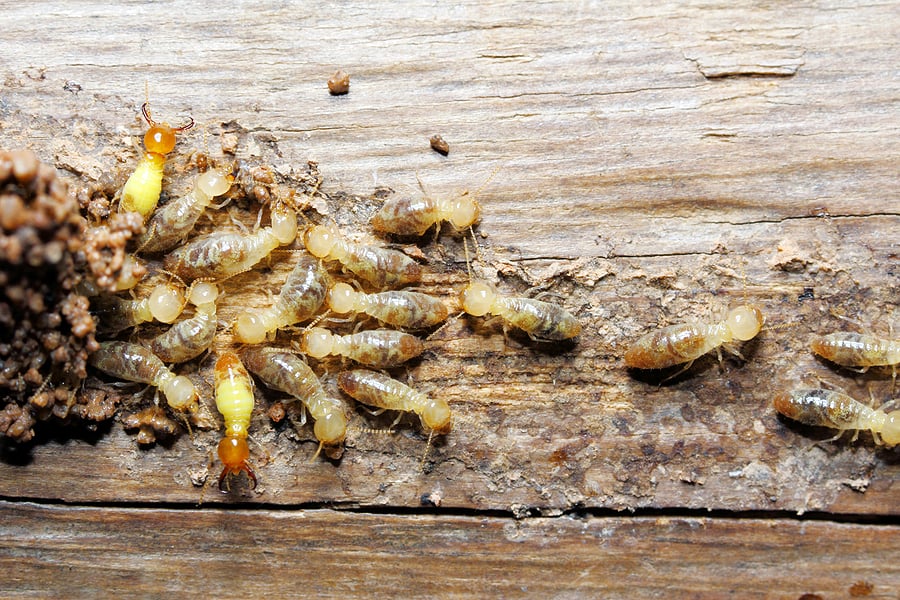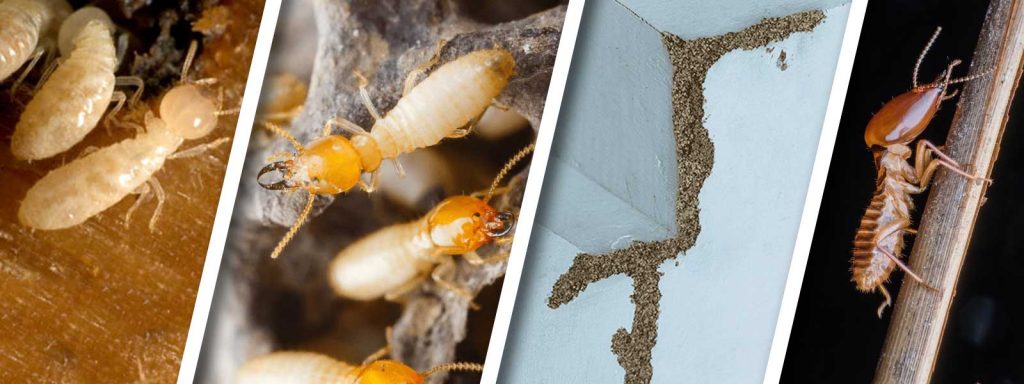Total Ant Control: Strategies and Services to Beat Ant Problems
Total Ant Control: Strategies and Services to Beat Ant Problems
Blog Article
Ecological Influence of Insect Control: Balancing Efficiency With Sustainability
The ecological influence of pest control is an essential issue that requires a delicate equilibrium in between accomplishing performance in managing parasites and ensuring sustainability of our communities. From the use of unsafe chemicals that seep into our soil and water to the unplanned consequences on non-target types, the consequences of standard bug control practices are far-ranging.
Unsafe Chemicals in Insect Control
The utilization of dangerous chemicals in insect control presents considerable ecological and wellness risks that warrant mindful factor to consider and mitigation techniques. Chemicals, herbicides, and insecticides are commonly utilized to get rid of bugs, however their widespread application can cause unexpected effects. These chemicals can pollute soil, water resources, and the air, impacting not just the targeted insects yet also beneficial bugs, wild animals, and people.

To attend to these threats, incorporated insect management (IPM) strategies are being advertised as a much more lasting choice. IPM involves a combination of techniques such as organic control, habitat adjustment, and the targeted use chemicals as a last resource (ant control mint hill nc). By taking on an all natural technique to pest control, we can decrease the ecological and wellness impacts connected with dangerous chemicals while properly managing pest populaces
Effect On Non-Target Species
Considering the unintended repercussions of insect control methods, the effect on non-target varieties is an essential facet that requires detailed evaluation. While parasite control actions intend to target specific pests, other microorganisms in the environment might be inadvertently impacted. Non-target species, including advantageous pests, birds, creatures, and also plants, can experience indirect or straight injury from chemical applications or biological control approaches.
Chemicals can have sub-lethal or dangerous results on non-target varieties. As an example, insecticides designed to combat a specific insect bug may damage pollinators like or all-natural killers such as ladybugs. In addition, chemical deposits can collect in the atmosphere, affecting non-target organisms in time. Biological control agents, if not species-specific, can pose threats to unintended targets, interrupting the ecological balance.
To mitigate the impact on non-target types, integrated parasite management (IPM) strategies that highlight an all natural technique to pest control are advised. These techniques focus on using eco-friendly techniques, decreasing injury to helpful organisms while properly managing pest populations. Performing thorough risk analyses and keeping track of the end results of parasite control initiatives are essential action in protecting non-target varieties and promoting total environment health.
Soil and Water Contamination
Unintended ecological consequences of bug control approaches extend beyond influencing non-target species, with considerable effects for soil and water contamination. Pesticides, herbicides, and chemical plant foods made use of in bug control can leach into the dirt and ant control clayton nc infect groundwater, posturing a hazard to both earthbound and water communities. Soil contamination can disrupt the balance of microbes crucial for nutrient cycling and plant growth, bring about reduced soil fertility and performance. These chemicals can linger in the environment for extended durations, building up in the soil and possibly getting in the food chain.
Water contamination is one more vital problem related to pest control methods. Overflow from agricultural fields treated with chemicals can lug these chemicals right into neighboring water bodies, influencing water organisms and water quality. Impurities in water resources can have far-reaching effects, influencing not only marine life but additionally human wellness via the usage of polluted water or aquatic organisms. To mitigate soil and water contamination from bug control tasks, incorporated bug administration approaches that focus on sustainability and minimize chemical inputs are crucial.
Air Pollution From Pesticide Use
Direct exposure to airborne pesticides throughout agricultural applications presents a substantial issue for air contamination control procedures. Additionally, pesticide drift, where pesticides are lugged by the wind to unplanned areas, can lead to the contamination of nearby environments and water bodies.

Approaches for Sustainable Pest Control
In the world of agricultural practices, carrying out lasting insect control approaches is critical for keeping environmental balance and safeguarding crop yields. Sustainable insect control stresses making use of eco-friendly approaches to take care of bug populations effectively while minimizing harm to non-target organisms and ecosystems. Integrated Bug Monitoring (IPM) is a widely embraced technique that incorporates organic, cultural, physical, and chemical control approaches to attain long-term bug management services.
Crop rotation and diversification are additionally effective methods to interrupt pest life cycles and develop less favorable problems for pests to grow. Inevitably, by integrating these sustainable pest control approaches, farmers can attain an equilibrium between pest administration effectiveness and environmental stewardship.
Conclusion
Finally, the ecological effect of parasite control methods should be thoroughly thought about to balance effectiveness with sustainability. Harmful chemicals utilized in parasite control can lead to soil and water contamination, air contamination, and harm non-target types - termite control. It is important to apply lasting insect control approaches to lessen these adverse effects on the environment and promote a much healthier ecological community for future generations
By taking on an all natural technique to pest control, we can minimize the ecological and health and wellness effects linked with unsafe chemicals while effectively handling pest populations.
To reduce the air pollution triggered by pesticide use, it is crucial to embrace integrated pest monitoring techniques that prioritize the use of non-chemical parasite control methods, such as crop rotation, natural killers, and resistant plant varieties. Lasting insect control highlights the use of eco pleasant methods to take care of bug populations efficiently while lessening injury to non-target organisms and ecosystems. Integrated Pest Administration (IPM) is a commonly embraced approach that combines organic, social, physical, and chemical control techniques to attain long-term parasite administration solutions.
Report this page